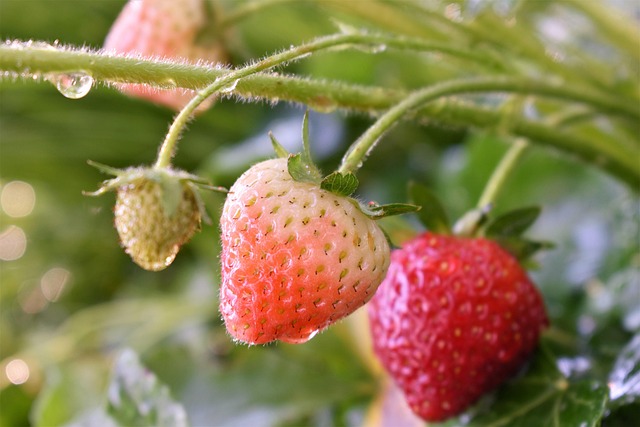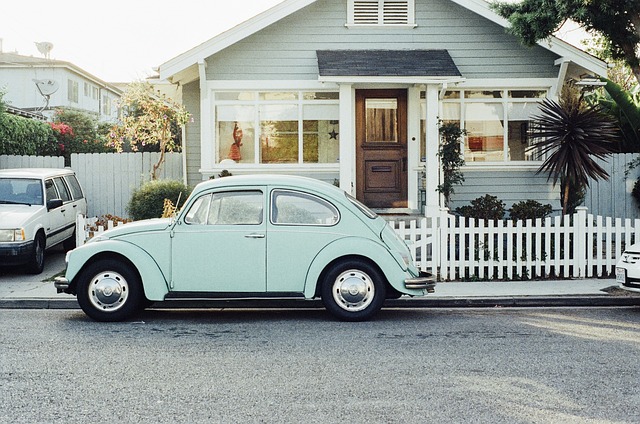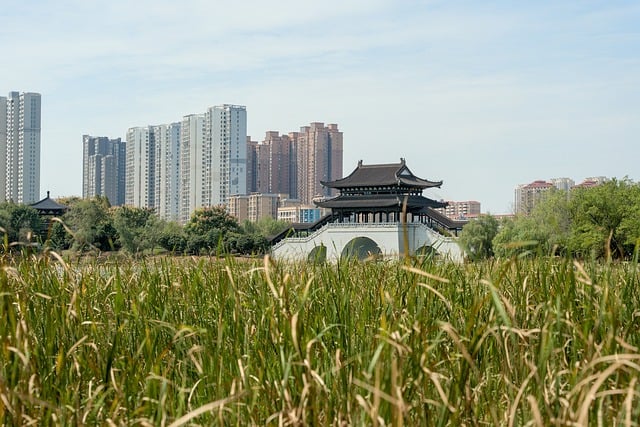Greening the Community: Exploring the Urban Eco-Garden Oasis
In the heart of our bustling cities, where concrete often prevails, the concept of an urban bio-garden emerges as a beacon of hope and renewal. These green spaces not only beautify our surroundings but also nurture the very essence of community, reminding us of the importance of nature in our fast-paced lives. As we navigate through the urban jungle, finding an oasis of greenery can transform our daily routines.
Imagine stepping into a vibrant urban bio-garden filled with flourishing plants, a symphony of colors, and the hum of busy bees. Here, nature intertwines with community—people gather, hands in the soil, sharing stories, laughter, and knowledge. Gardening becomes a communal act that transcends age, background, and culture. It’s a platform where friendships blossom as readily as the vegetables and flowers cultivated within these eco-friendly spaces.
Gardening in an urban setting comes with unique challenges, yet the rewards are boundless. As cities expand, biodiversity often suffers, making the establishment of eco-gardens even more critical. These verdant retreats provide vital habitats for local wildlife and enhance our mental well-being. Studies have shown that just being around plants can reduce stress and improve mood; a fact that rings true for anyone who has dug their hands into rich soil, inhaling the earthy aroma of life being nurtured.
The environment benefits immensely from urban bio-gardens as well. These spaces help combat the urban heat island effect, filter pollutants from the air, and improve overall air quality. By growing food locally, we reduce our carbon footprint and promote sustainable practices. Urban bio-gardens operate on eco-friendly principles, often utilizing organic inputs and water-efficient irrigation systems. They educate communities about the importance of leading greener lifestyles while empowering individuals to take ownership of their impact on the planet.
Participation in an urban eco-garden fosters a sense of responsibility and pride among community members. People begin to realize that they can make tangible changes, and such realizations can spark movements towards broader sustainability initiatives. Children learn about the food chain and ecology in a hands-on manner, leaving a lasting impression that shapes their views on environmental stewardship as they grow. Adults find solace in tending to plants, bonding with neighbors, and reestablishing connections with nature, often absent in urban life.
The emergence of urban bio-gardens is more than just a trend; it represents a cultural shift towards green living. They stand as a testament to our resilience and adaptability in the face of modernization. These gardens not only nourish our bodies with fresh produce but also replenish our spirits, giving us a sense of belonging to both each other and the environment. They remind us that, no matter how densely populated our surroundings may be, nature has an important role in urban life.
As we delve deeper into the concept of urban ecologies, we discover that every community has the potential to cultivate its own green sanctuary. Whether it’s a rooftop garden, a community park, or a pocket garden by the sidewalk, every little bit contributes to the larger ecosystem. By supporting and promoting urban bio-gardens, we can create a legacy of sustainability and community engagement. After all, we are all stewards of the earth, and working together to foster green spaces is one of the most impactful ways we can celebrate our connection to nature.




